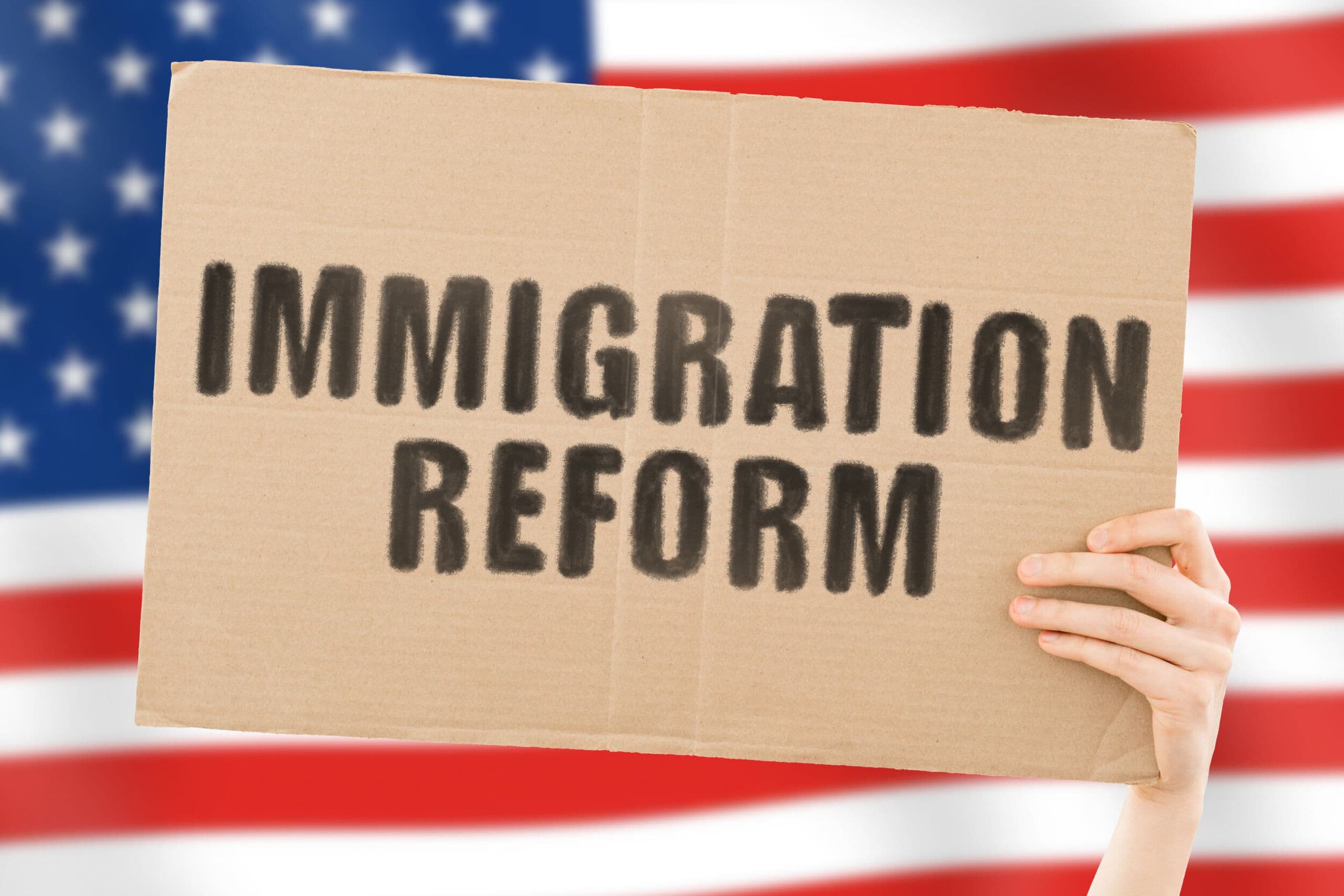A U.S. District Court Judge named Nicholas G. Garaufis has issued a court order instructing the Department of Homeland Security (DHS) to change their current policies on the DACA program.
If the court order is obeyed, DHS will begin accepting first-time DACA applications, applications to renew DACA, and applications for advance parole for those who currently have deferred action under DACA. The court order also states that those individuals who were granted one-year work permits through the DACA program should see those permits extended to be valid for a total of two years.
This is great news, both for people who currently have deferred action through the DACA program, and for those who meet the criteria to apply for DACA but have never submitted an application.
If you currently have deferred action under DACA, previously had deferred action under DACA, or believe you may be eligible to apply for deferred action under the DACA program, we strongly recommend that you speak with an immigration attorney before submitting any new applications to USCIS. The future of the DACA program is still a complicated matter and additional changes may be announced at any time.
What Happened to DACA under the Trump Administration?
Back in 2017, the Trump administration attempted to cripple the DACA program, and for a long time, the Department of Homeland Security (DHS) refused to accept first-time applications for individuals who otherwise would have been eligible to apply for deferred action under the DACA program.
This past June, the U.S. Supreme Court ruled that DHS did not have the ability to limit the DACA program in the ways that they had, because DHS did not offer an adequate explanation as to why they were making those changes. Many people celebrated that Supreme Court decision and thought that DHS would fully reinstate the DACA program shortly after the decision was announced.
However, instead of restoring the DACA program, DHS issued a memo in July 2020. This document, sometimes referred to as the Wolf Memorandum, instructed DHS personnel to reject all pending and initial applications for deferred action under DACA, and to only offer one-year renewals for those who already had deferred action under DACA, instead of the two-year renewals that had previously been the norm.
One major issue with this July 2020 memo is that Mr. Chad Wolf signed it as “Acting Secretary” of Homeland Security when he was in fact the undersecretary. This is a crucial detail, since if he was only the undersecretary at the time when he signed the memo, and not the actual secretary of homeland security, then Mr. Wolf would not have had the authority to make changes to the DACA program. It is as if someone pretended to be his/her boss, and then made new rules that only the real boss should have been allowed to make.
Last month, U.S. District Court Judge Nicholas G. Garaufis stated that Mr. Wolf did not actually have the authority to change the DACA program at the time that he sent out his memo. This was great news, as it meant that the “new rules” Mr. Wolf had put in place when he restricted the DACA program were not likely to remain in place.
What Does the Latest Court Order Say?
On December 4th, Judge Garaufis issued a court order, reiterating that Mr. Wolf did not have the authority to make changes to the DACA program, and demanding that the Department of Homeland Security adjust its current DACA policies.
The Department of Homeland Security has been ordered to post a public notice on its website, stating that it is accepting first-time requests for consideration of deferred action under the DACA program, DACA renewal requests, and applications for advanced parole by individuals who currently have deferred action under DACA.
The court order goes on to say that the public notice which DHS has been told to post “must also make clear that deferred action and employment authorization documents (“EADs”) granted for only one year are extended to two years.”
At this time, we are closely monitoring how this court order impacts the Department of Homeland Security’s DACA procedures, and whether President Trump will make any additional announcements regarding the DACA program during his final weeks in the White House. While we celebrate this latest court order, the policies surrounding the DACA program remain complicated, and additional announcements or changes may occur.
What should I do if I currently have deferred action under the DACA program, or have never applied but believe that I meet the criteria for DACA?
If you believe that your immigration case may be impacted by this recent court order, we encourage you to meet with a reputable immigration attorney to discuss your situation. Whether you currently have deferred action under DACA, previously had deferred action under DACA, or have never applied for deferred action under DACA but believe you meet the criteria for a first-time application, it is important that you have the latest, up-to-date information and understand all the risks and benefits for your particular situation before you submit an application.
Attorneys Brittan and Mary Beth have years of experience submitting applications for DACA and advance parole, as well as other types of immigration cases. They are ready to answer your questions and help guide you through what can feel like a very complicated and overwhelming process.
Our office is currently offering consultations via telephone or video conferencing. Please call us at (425) 374-1681 if you would like to schedule a time to meet with Brittan or Mary Beth.







